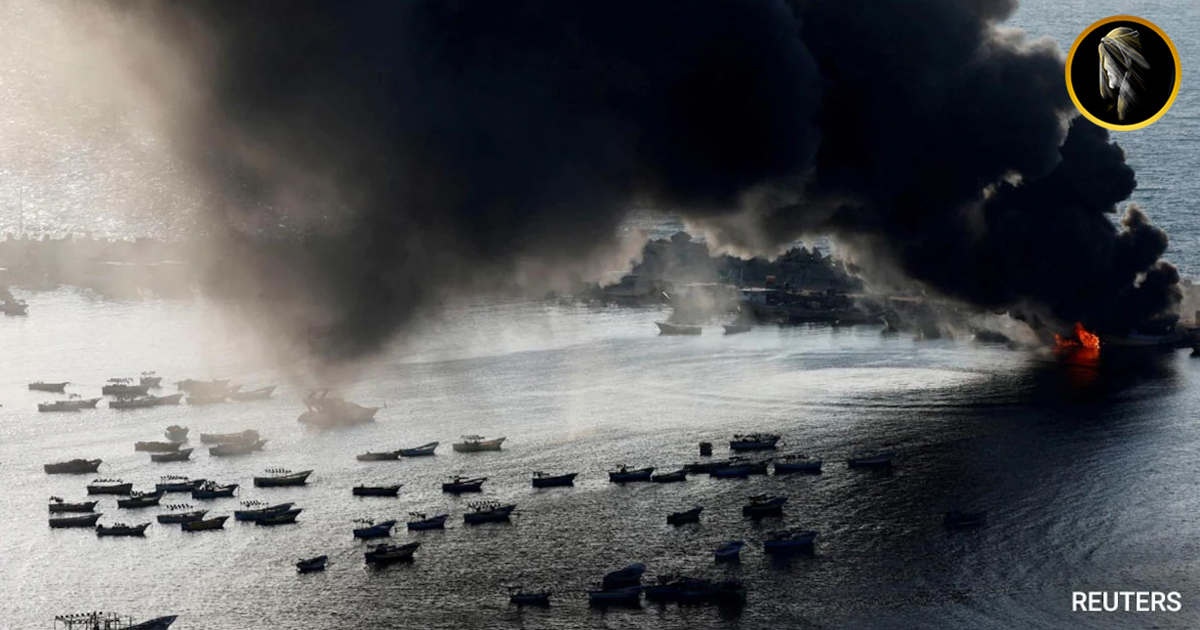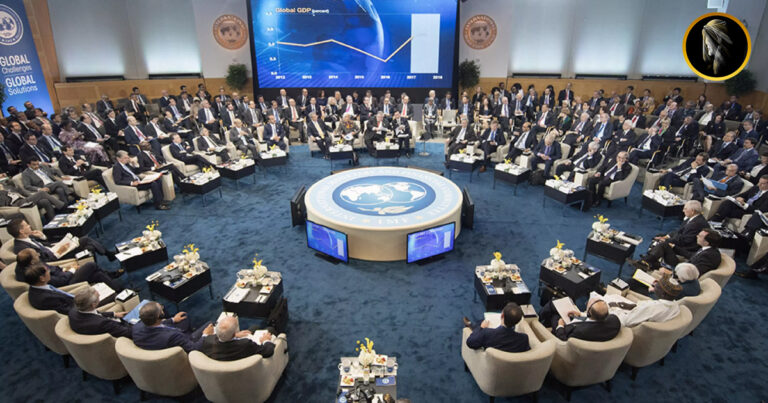The recent events in Israel and Gaza have marked a significant shift in Israeli government policy toward Hamas. For 16 years, Israeli governments focused on managing Hamas in Gaza rather than toppling the group, as Hamas kept order over the territory despite its rejection of Israel’s existence and its engagement in violence. However, the recent violence, in which Hamas militants killed hundreds of Israeli civilians, has led to a change in official views.
The new aim is to destroy Hamas’s military capability and eliminate its leaders. It is widely assumed that when the conflict ends, Hamas will no longer rule in Gaza. Israeli Prime Minister Benjamin Netanyahu has compared Hamas to the Islamic State (ISIS) and pledged to crush and eliminate it.
This shift in policy differs from the previous approach of occasional military incursions referred to as “mowing the lawn.” Any operation against Hamas is likely to result in more civilian casualties and raise diplomatic challenges. Israel has already faced backlash from some countries like Turkey, and other regional powers could follow suit if their public opinion turns against Israel.
One possible outcome is that Israel may establish a temporary military regime in Gaza and hand it over to an international force once the conflict concludes. Israeli opposition leader Yair Lapid has expressed the goal of ending Hamas’s rule in Gaza and having the Palestinian Authority take over.
The current campaign is taking a severe toll on ordinary Gazans, with essential supplies like electricity, fuel, and food being restricted. Experts warn that this could lead to water shortages and humanitarian crises in Gaza. Israeli officials have shown little mercy, and the conflict is taking a heavy toll on civilians, with significant casualties expected.
The direness of the situation has led to concerns about a potential ground offensive and the implications for Israeli hostages and soldiers. The rhetoric is driven by the collective memory of Jewish suffering in the past, making many Israelis view this as a war for their very existence. Israel’s actions are intended to send a strong message to its enemies, including Hezbollah in Lebanon and its Iranian sponsor.
The situation remains highly complex, with regional implications, and the ultimate outcome is uncertain.









